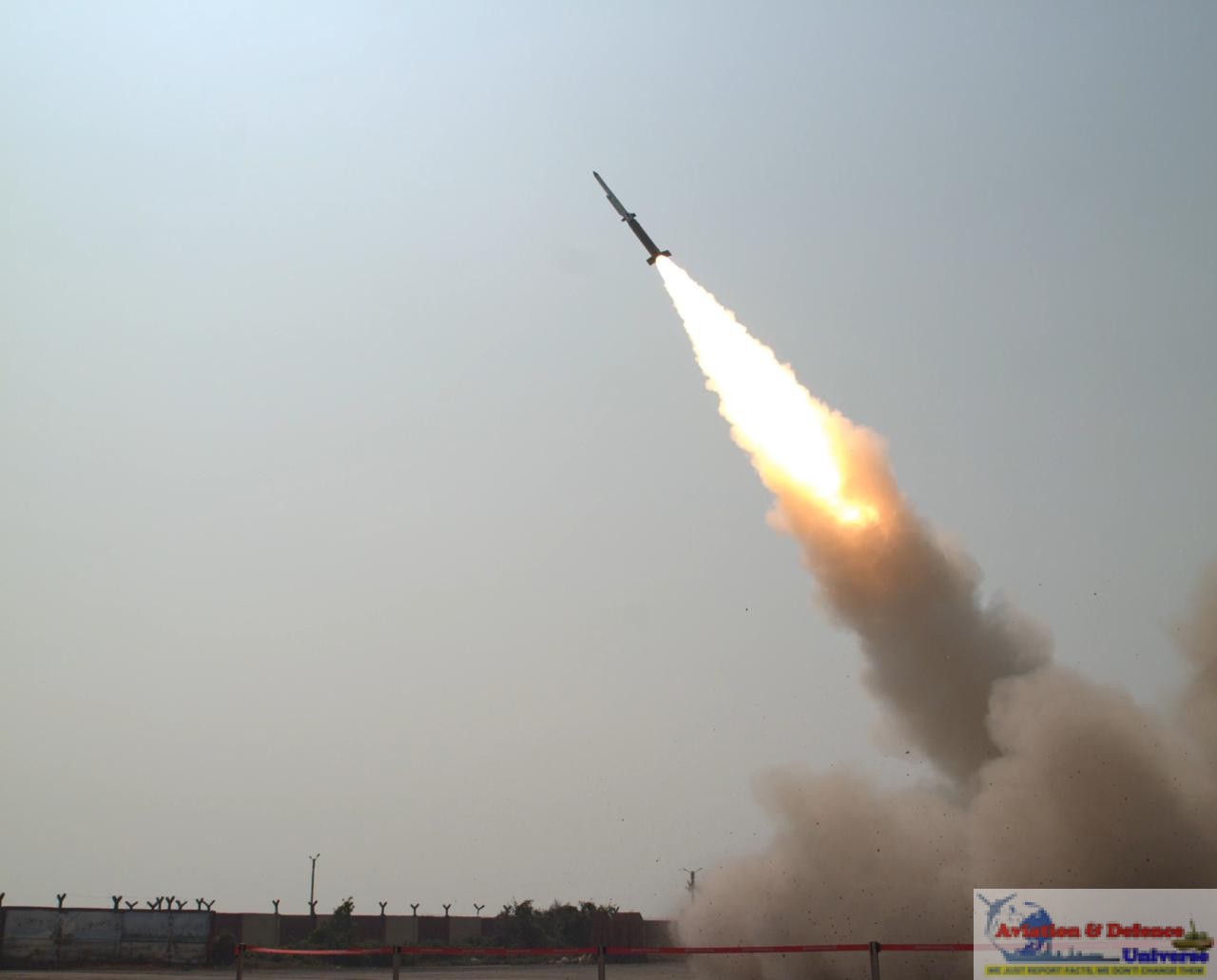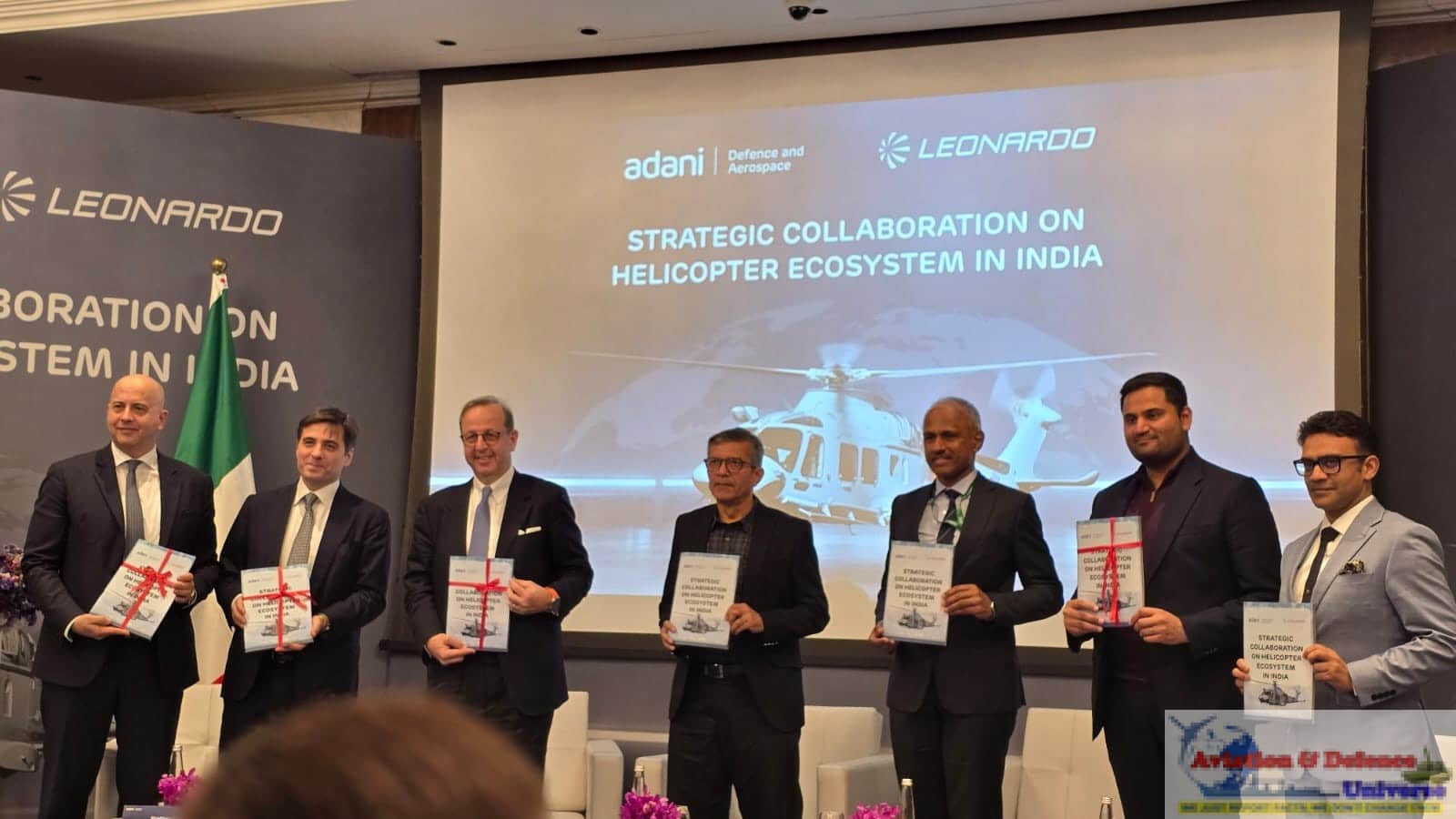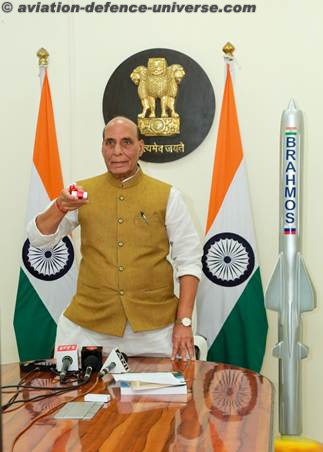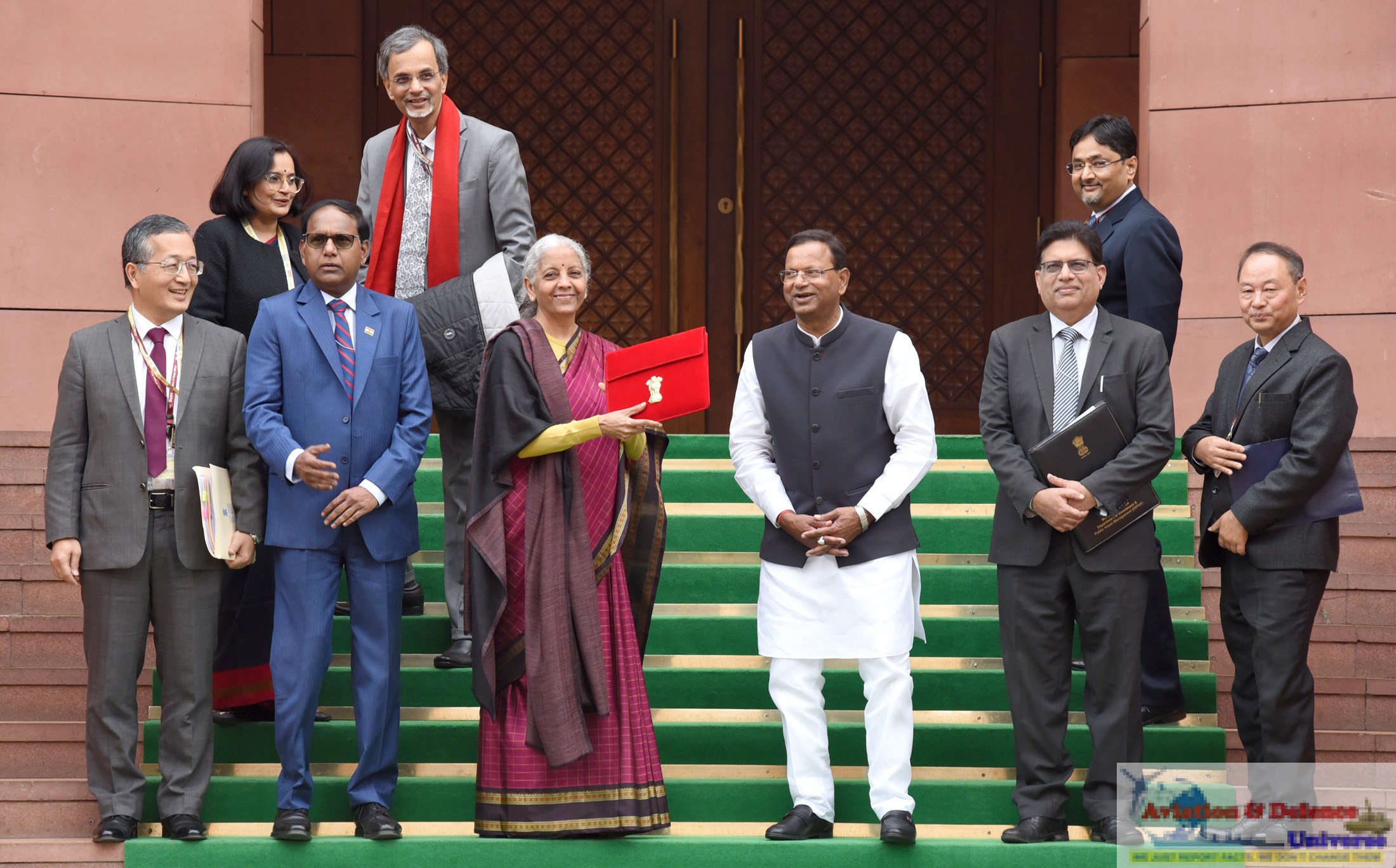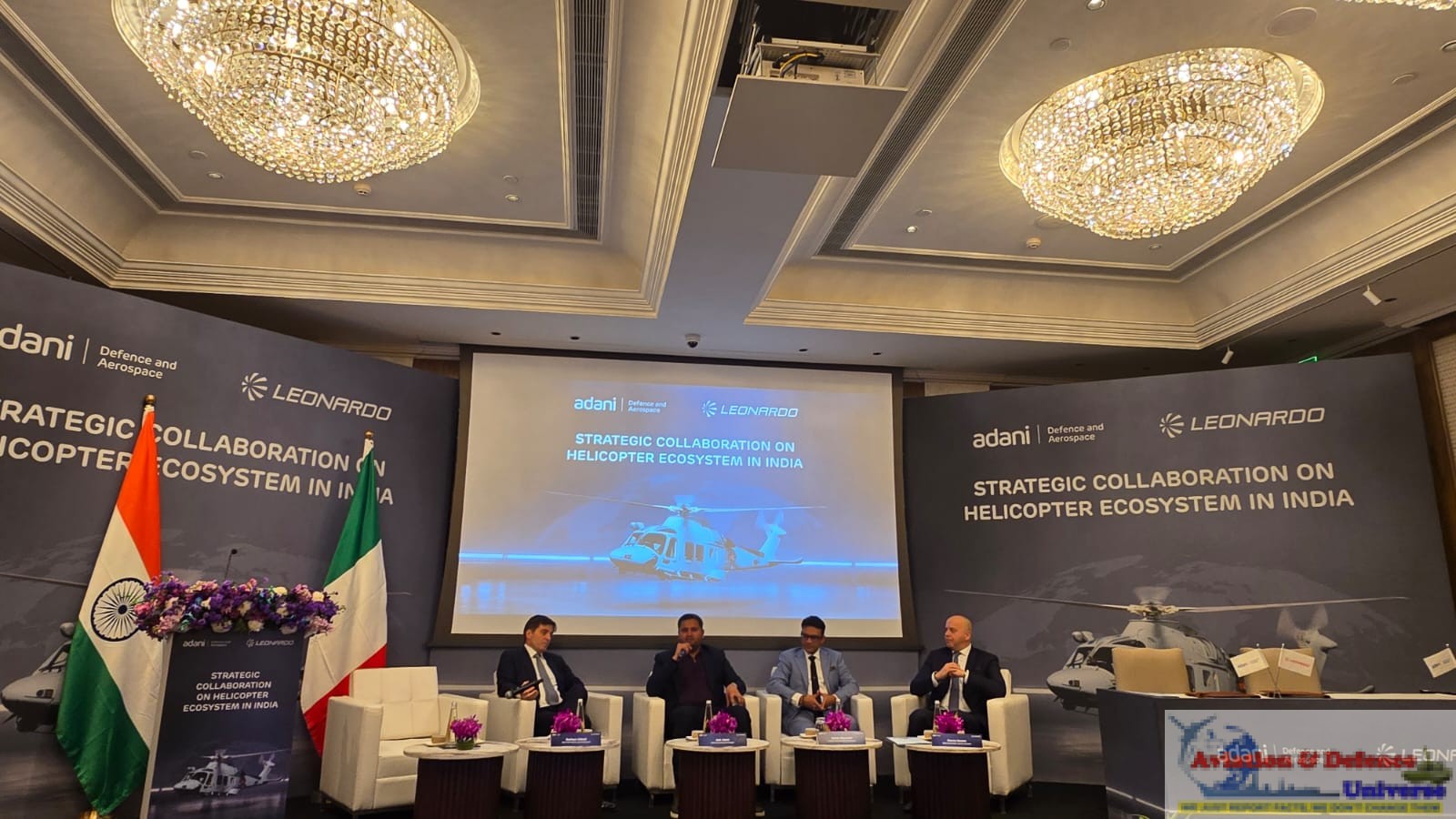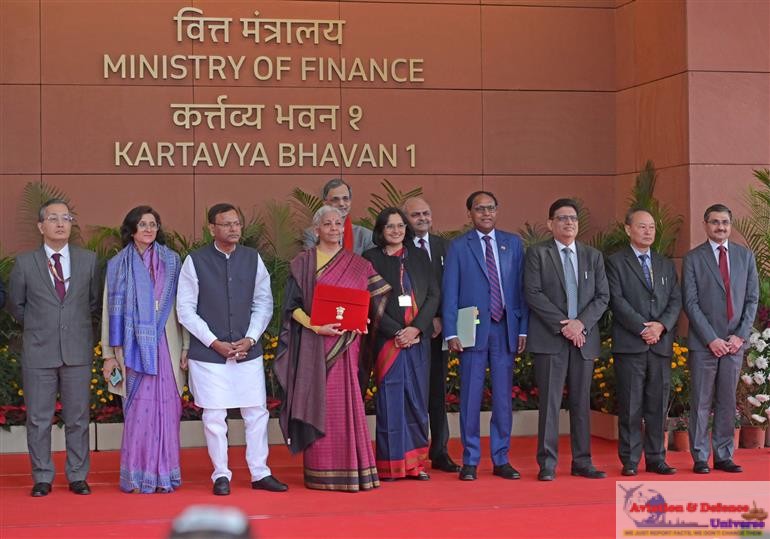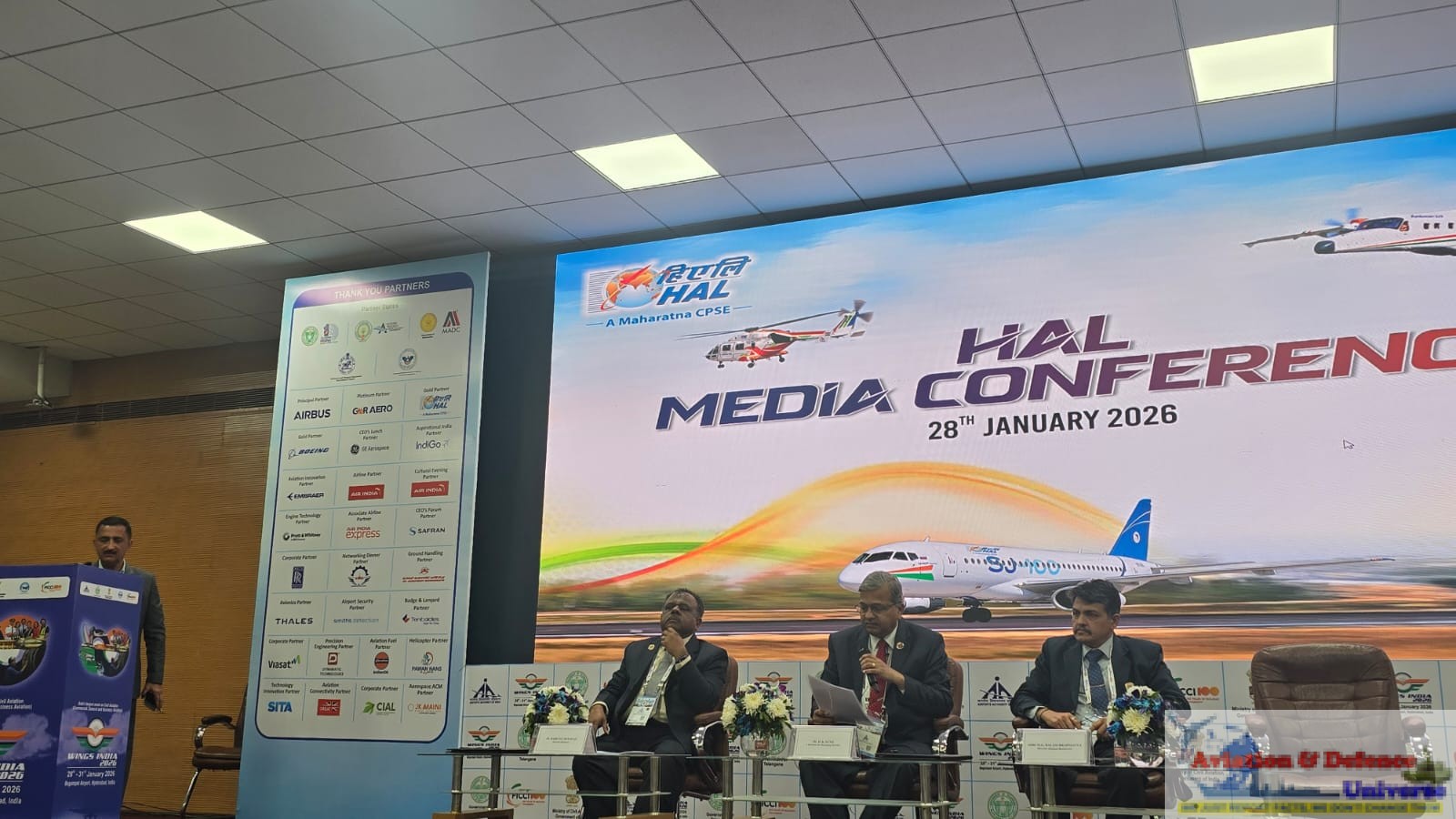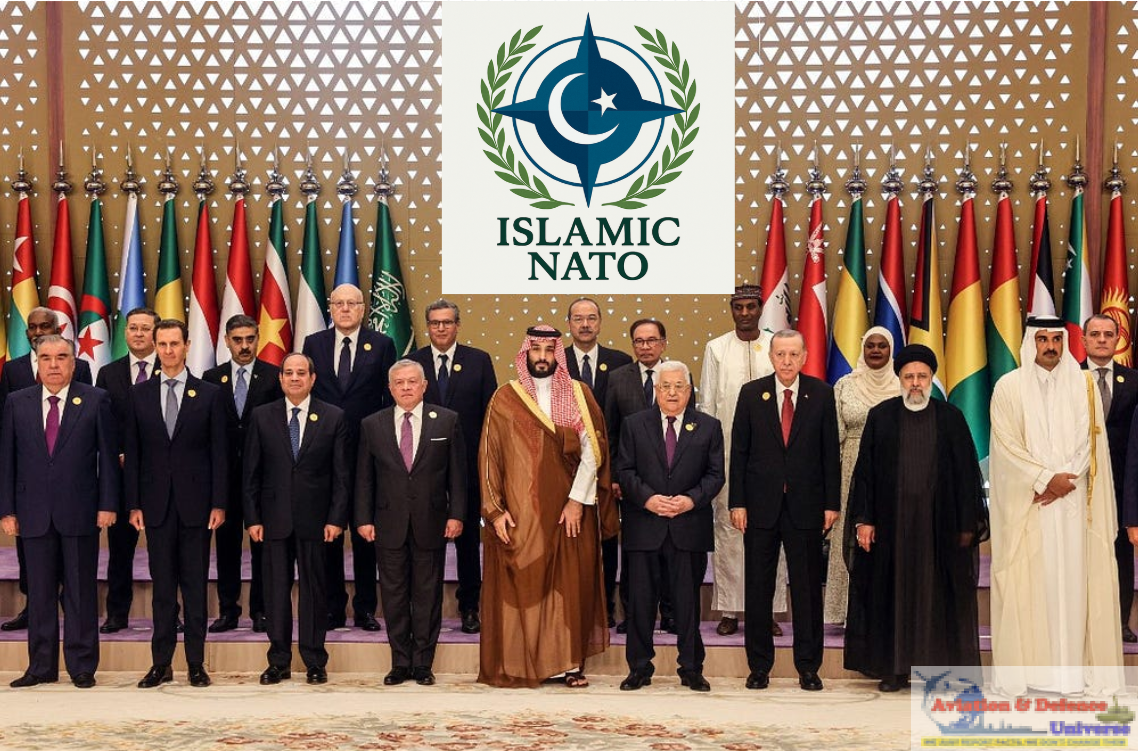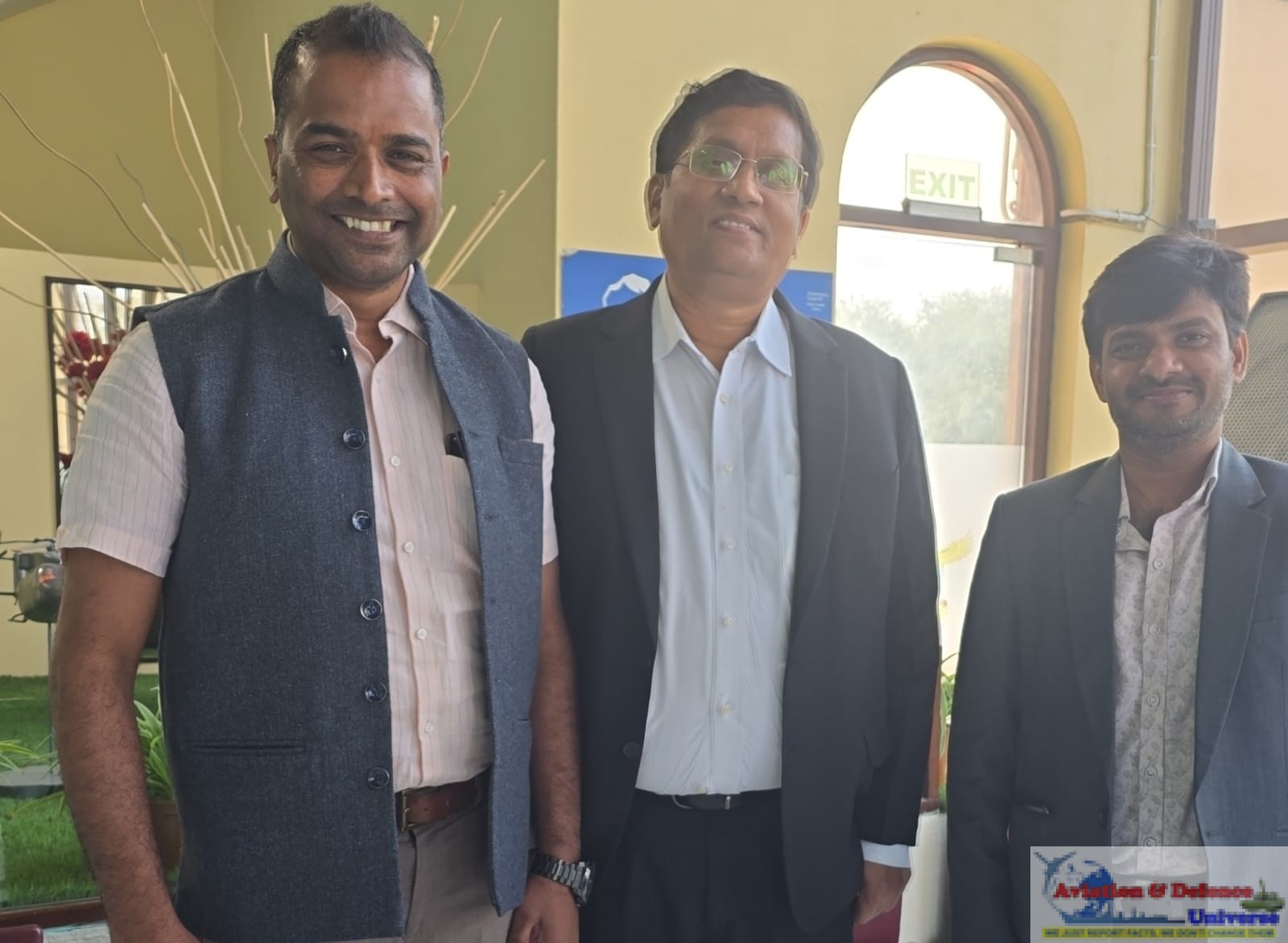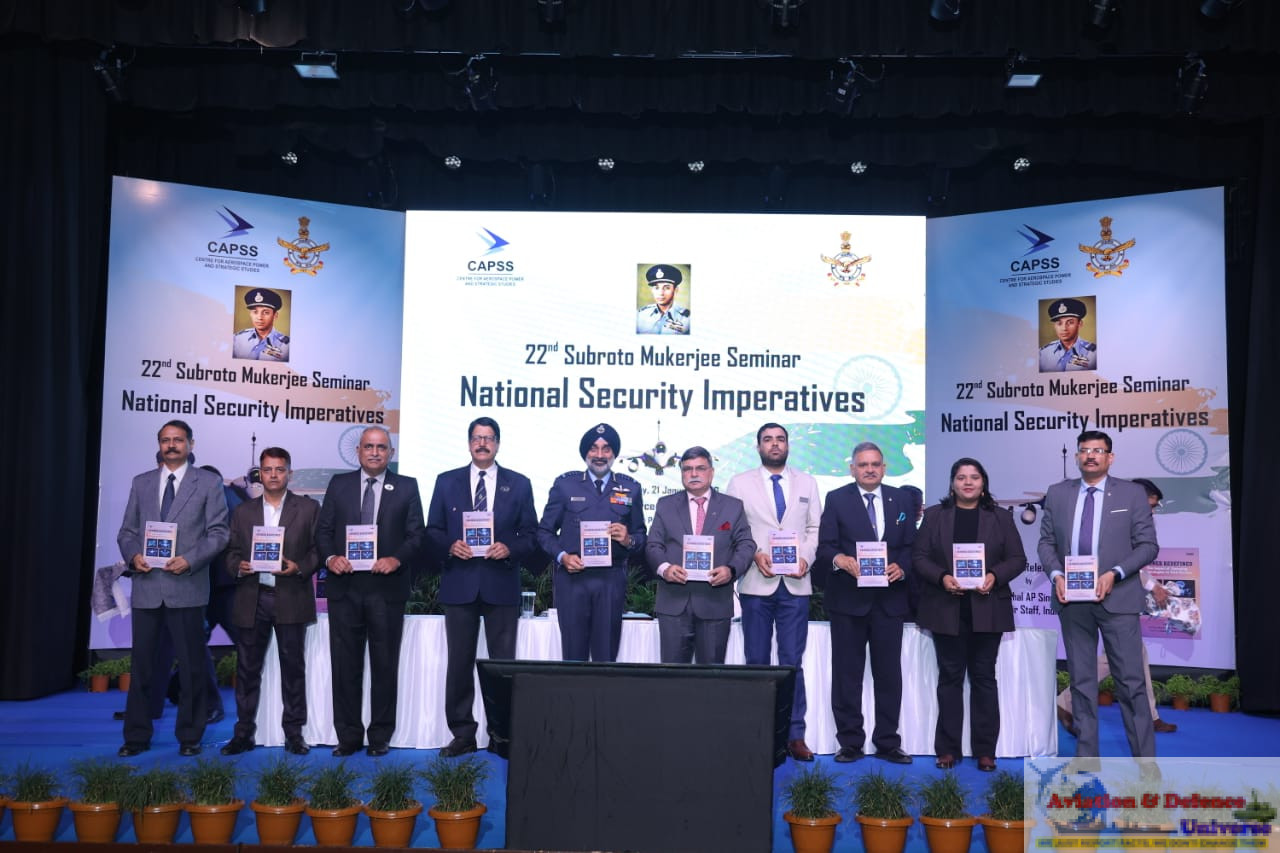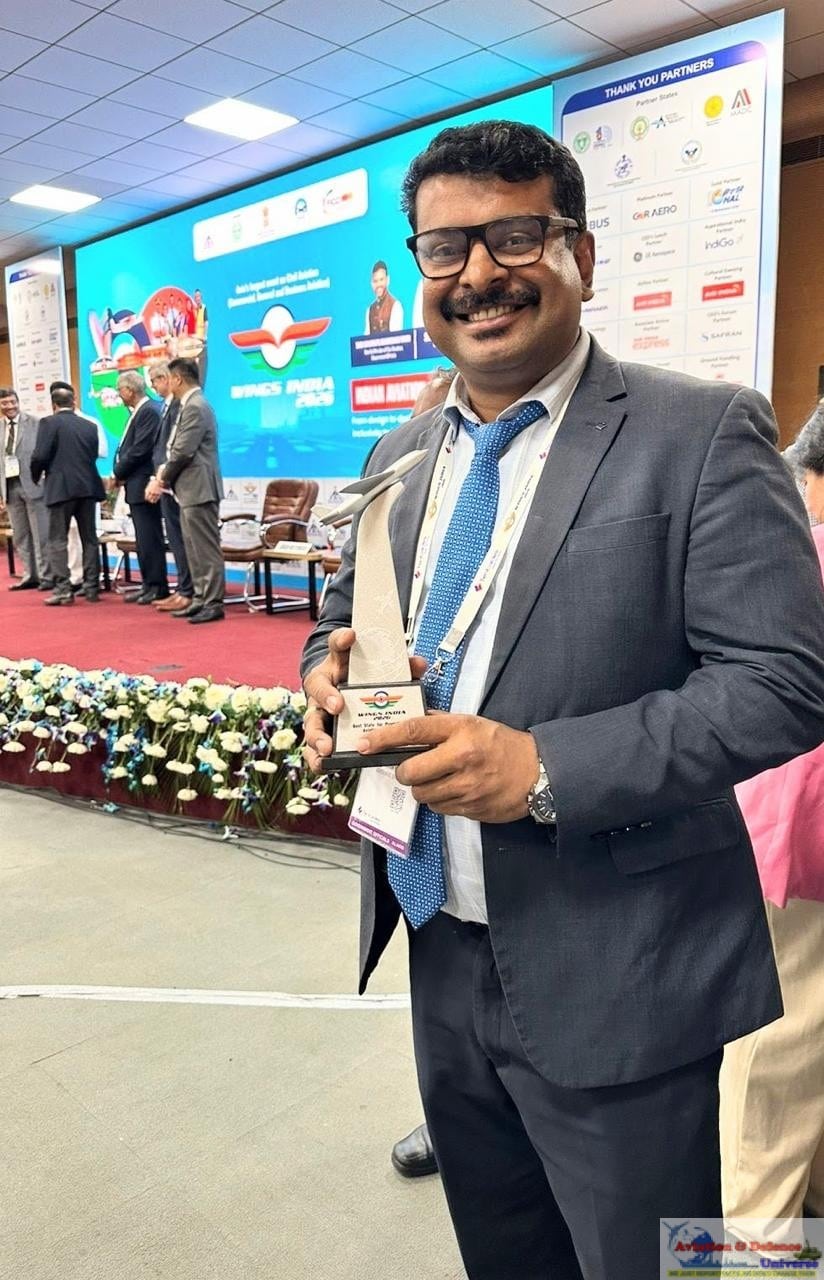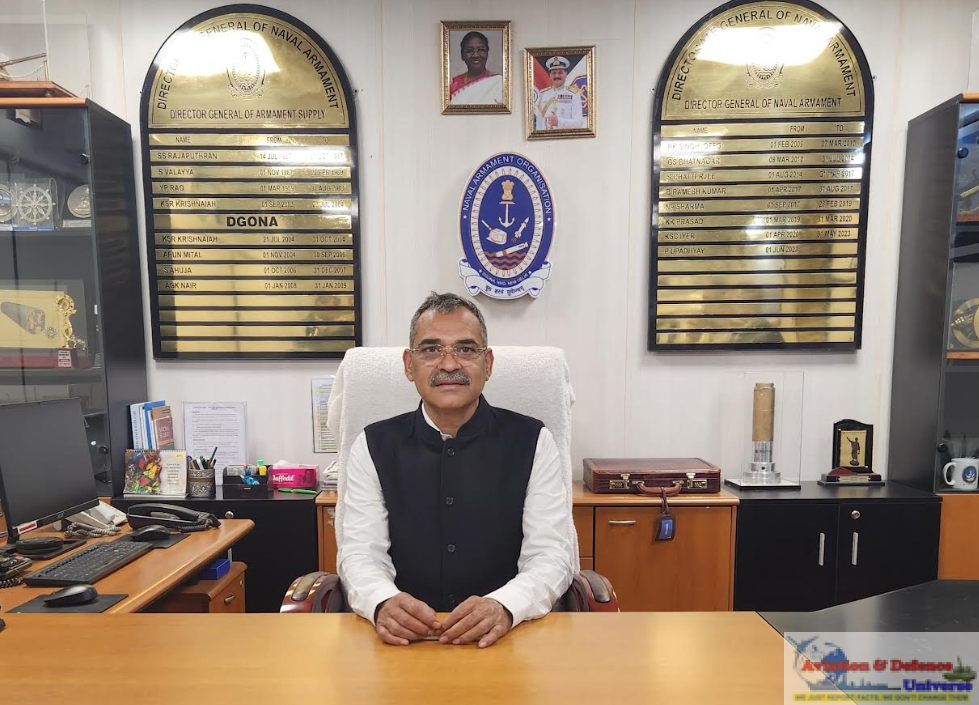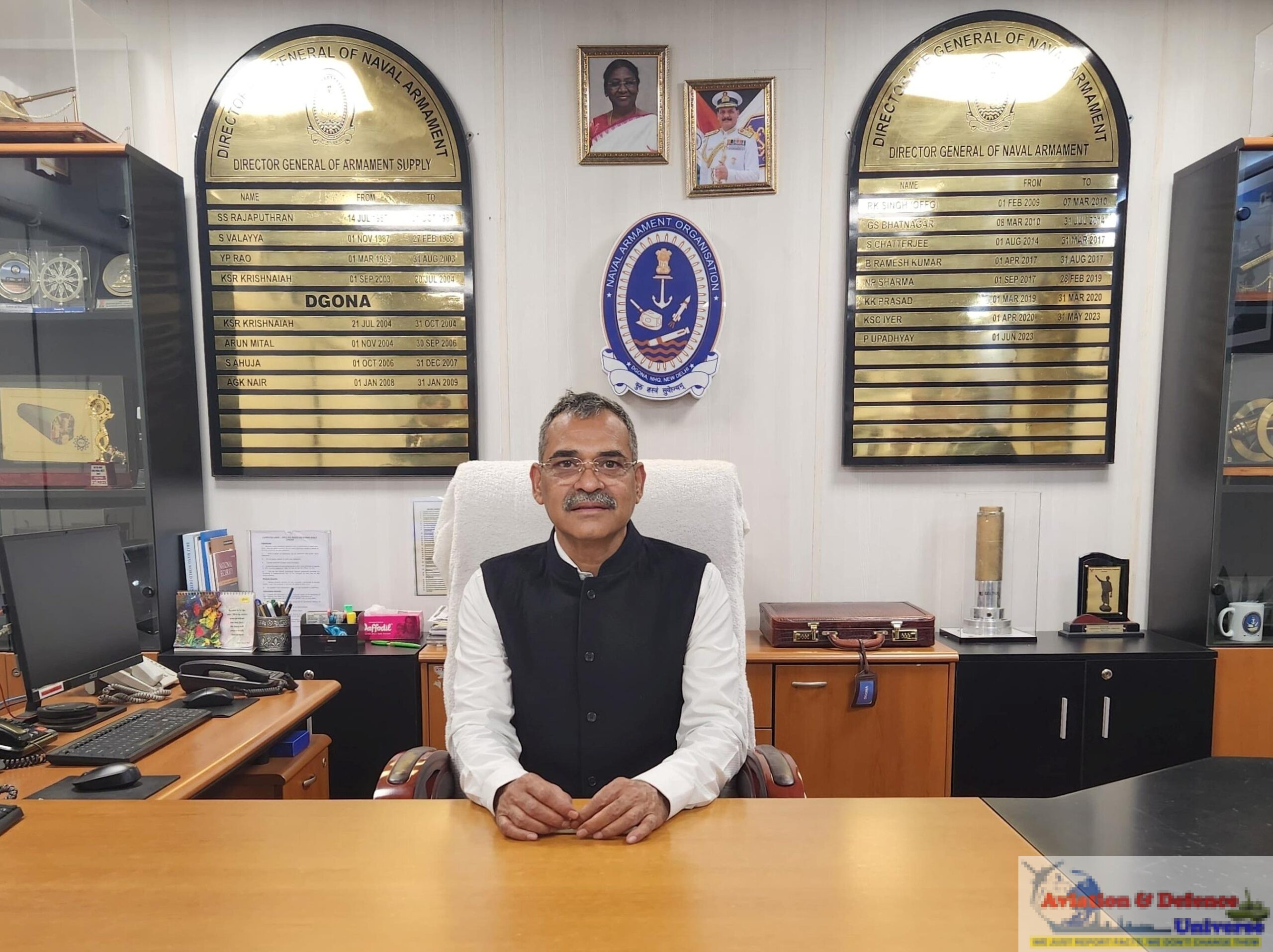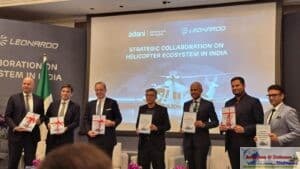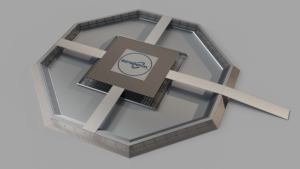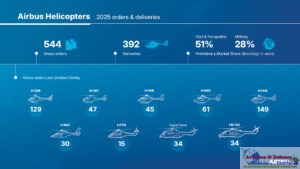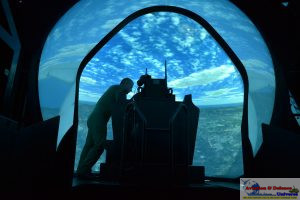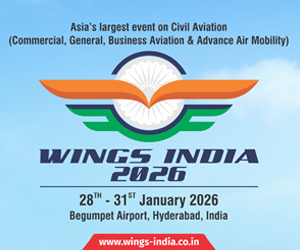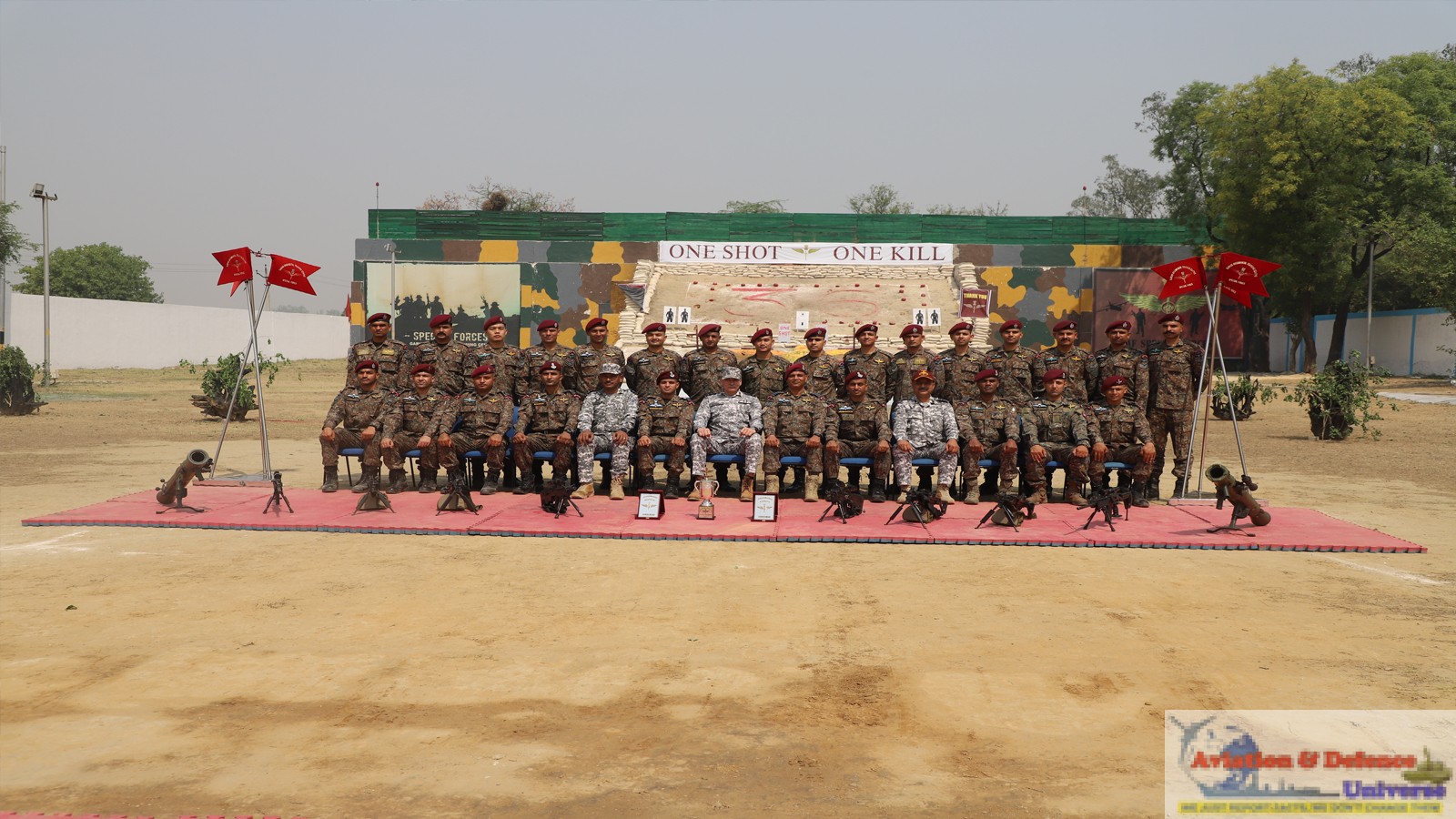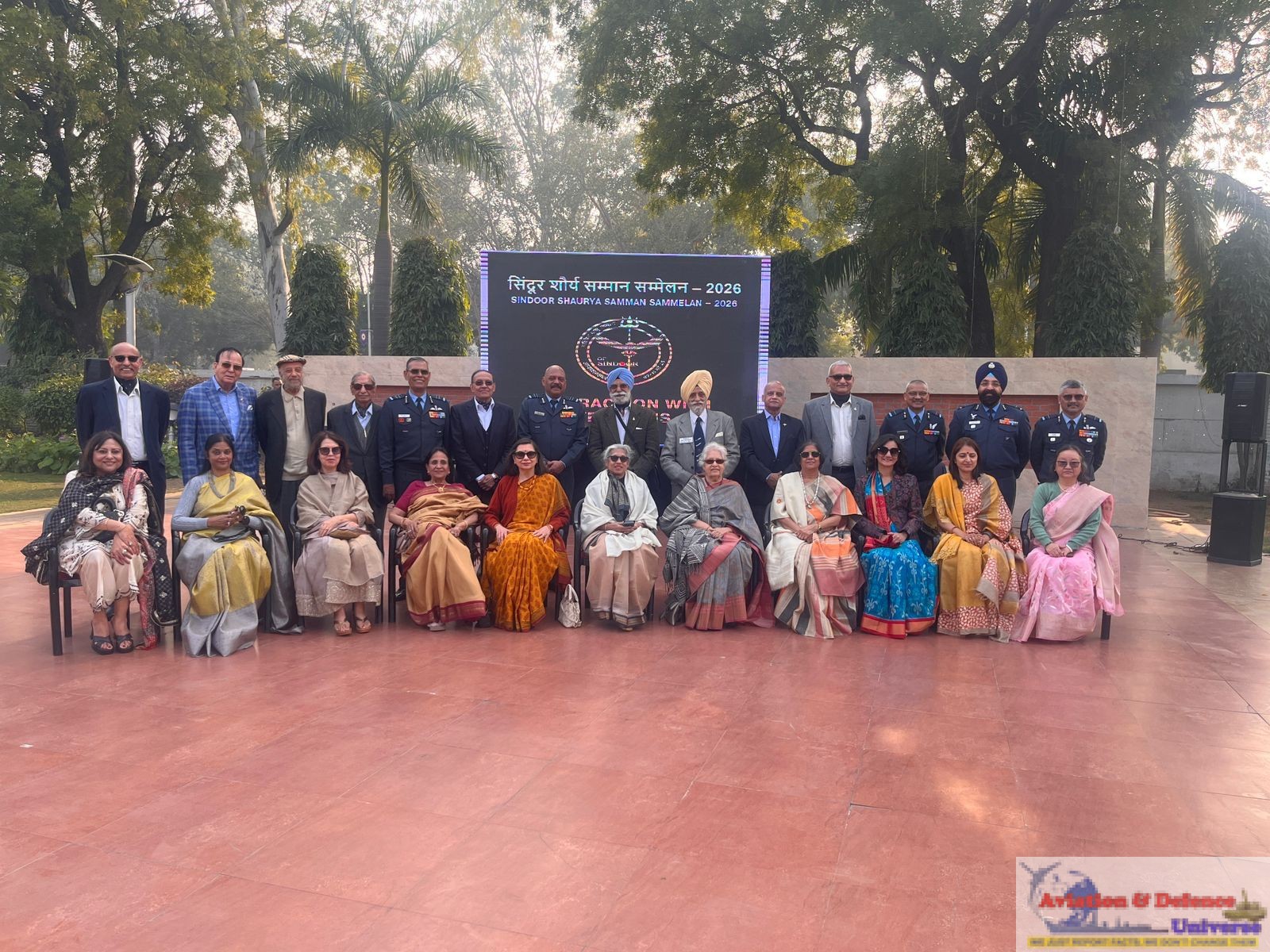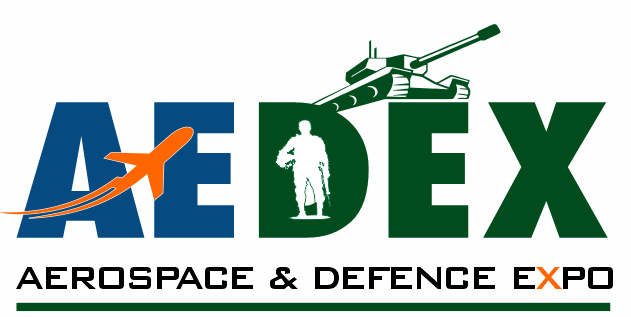- Project will leverage GKN Aerospace’s expertise in hydrogen systems and electrification to support next-generation aircraft development
- ICEFlight contribution will be delivered from the Netherlands, supported by GKN Aerospace’s UK hydrogen capabilities
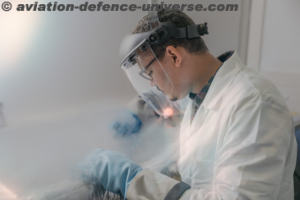
ICEFlight will focus on accelerating the maturation of critical cryogenic technologies. Alongside GKN Aerospace, Airbus is also partnering with Cryoworld B.V., Stirling Cryogenics B.V., Futura Composites B.V., the Royal NLR, Delft University of Technology and the University of Twente.
The consortium will collectively explore the use of liquid hydrogen as a fuel source as well as a cold source for the electrical system cooling. This approach aims to enhance the performance of next-generation aircraft powertrains through the integration of advanced electrical technologies, superconductivity and hyperconductivity.
GKN Aerospace will apply knowledge from past projects to mature these technologies. The collaboration will concentrate on the development and rigorous testing of specialised cryogenic cooling and electrical distribution systems.
Russ Dunn, CTO of GKN Aerospace, said: “GKN Aerospace is proud to be a core partner in the ICEFlight project. By leveraging our expertise in both hydrogen systems and electrification, this project marks a significant step towards enabling the scalability of these innovative solutions into larger aircraft applications. Together with Airbus and our Dutch partners, we bring world-leading capabilities in both power network design and cryogenic applications.”
In addition to the technological innovations to be explored, ICEFlight aims to establish testing facilities in the Netherlands, led by the Royal NLR, to ensure the reliability and validate the performance of the new cryogenic systems. These facilities will help to position the Netherlands as a leader in cryogenic technology, particularly in the development and testing of cooling systems that enable superconductivity and hyperconductivity in aviation, with opportunities to spin off to other sectors.
At the end of the project, the research framework and supply chain will be positioned to provide two critical innovations, namely a cryogenic cooling system and cryogenic electrical network. These advancements will pave the way for more sustainable future developments in aviation.











